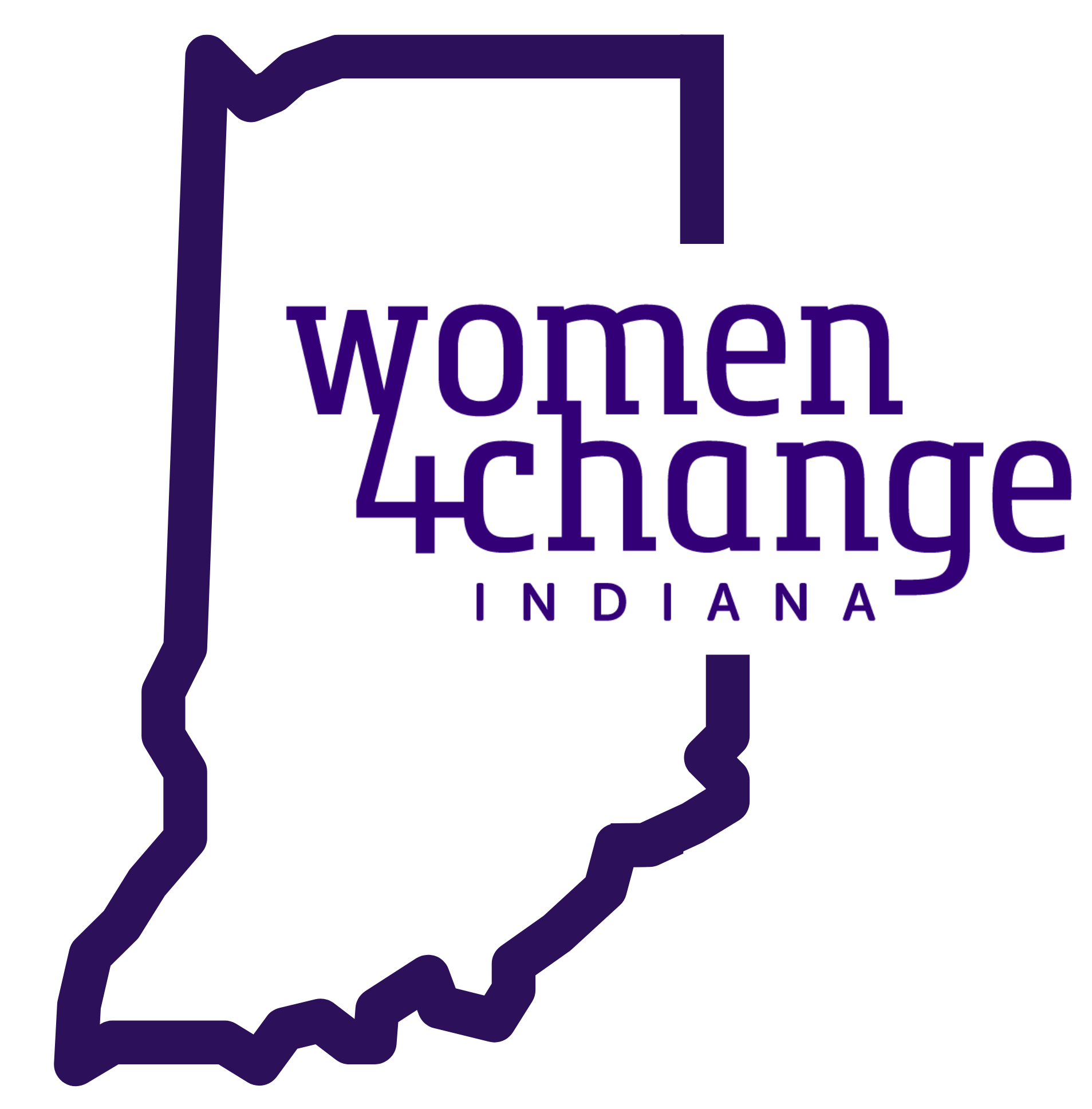Setting the Record Straight on Super Bowl Sex Trafficking for Indiana
Setting the Record Straight on Super Bowl Sex Trafficking for Indiana
Aimee Robertson-West, Vice President, Development and Communications, Women4Change Indiana
Heading into Super Bowl weekend, Women4Change Indiana wants to set the record straight about Super Bowl sex trafficking and share a snapshot of what sex trafficking looks like in Indiana.
Sex trafficking is and continues to be a dangerous and pervasive problem endangering the lives and futures of vulnerable Hoosiers, and people around the world.
However, from South Bend, Indiana, Notre Dame visiting law professor Alexandra Yelderman confronts the misinformation trend surrounding the connection between the Super Bowl and sex trafficking:
“The Super Bowl leading to a surge in sex trafficking cases. has been widely discredited and I am not surprised that it continues to be repeated — and continues to cause harm.” Shannon Roddel, Notre Dame News, 2022
“Fighting trafficking is complicated, says Yelderman. “At its core, trafficking is a power imbalance gone terribly, terribly wrong. The process of ending can’t start until we address the circumstances that make it possible: unstable home environments that leave children without support networks, over-criminalization that puts vulnerable people at odds with the police, and economic desperation, among others.”
Where did the misinformation start?
According to Law and Crime, “in 2011, Global Alliance Against Traffic in Women (GAATW) published an extensive debunking of the Super Bowl sex trafficking myth:
“Hyperbolic claims about floods or invasions of 10,000 to 100,000 sex workers to the Super Bowl has been widely repeated by American media, as has Texas Attorney General Greg Abbott’s unfounded claim that “the Super Bowl is one of the biggest human trafficking events in the United States.” (-COLIN KALMBACHER, Law and Crime, 2019)
What is sex trafficking? Who is vulnerable? How do we protect ourselves and our children?
Sex trafficking is a federal crime and is defined as “the recruitment, harboring, transportation, provision, or obtaining of a person for the purposes of a commercial sex act in which the commercial sex act is induced by force, fraud, or coercion or in which the person induced is under the age of 18. The National Human Trafficking Hotline reports that in Indiana, sex trafficking makes up the majority of overall trafficking cases, and venues of vulnerability include: the pornography industry, residence-based commercial sex, hotel/motel based-sex, illicit spa/massage parlor, escort/delivery services, and online ads.
Sex Trafficking, Indiana, National Human Trafficking Hotline, 2021
Venues for Sex Trafficking, National Human Trafficking Hotline, 2021
Sex Trafficking can happen to anyone but those who are the most vulnerable:
*Are girls between the ages of 11-14 years of age
*Have an unstable living situation
*Have previously experienced other forms of violence such as sexual abuse or domestic violence
*Have run away or are involved in the juvenile justice or child welfare system
*Are undocumented immigrants
*Are facing poverty or economic need
*Have a caregiver or family member who has a substance use issue or are dealing with substance or alcohol addiction
Victims of sex trafficking often:
*Disclose that they were reluctant to engage in commercial sex but that someone pressured them into it.
*Live where they work or are transported by guards between home and workplace.
*Are children who live with or are dependent on a family member with a substance use problem or who is abusive.
*Work where it is common to be pressured into performing sex acts for money, such as a strip club, illicit cantina, go-go bar, or illicit massage business.
*Have a controlling parent, guardian, romantic partner, or “sponsor” who will not allow them to meet or speak with anyone alone or who monitors their movements, spending, or communications.
How to protect against sex trafficking
*Never force anyone to have sex against their will for your profit
*Stop purchasing sex from traffickers and minors
*For PARENTS: In the U.S., up to 90% of recruitment is done through the internet; monitor what and who your minor child engages on the web and social media.
*Develop safety and situational awareness with your child and set up family location sharing
*In crowds and public spaces, be aware of your surroundings. If someone is trying to get you to meet with them by offering something too good to be true, Wait. Get a second opinion. Please tell a trusted person. You won’t be sorry.
*Report someone who you suspect is trafficking, immediately.
NO one is safe with a trafficker. They have sophisticated networks to entrap and keep victims.
Victims’ lives, freedom, and futures are always in danger with a sex trafficker.
Remember: Sex Traffickers and their willing customers are to blame for sex trafficking
Never blame victims of sex trafficking.
Call 911 if you or someone you know is in immediate danger and to report a sex trafficker contact:
National human trafficking hotline: 1-888-373-7888 TTY: 711 Text* 233733 and the Indiana Coalition to End Sexual Assault and Human Trafficking at 317-624-2370
The 2024 Super Bowl is being held in Las Vegas, Nevada, where sex work is legal and regulated. “Criminalization and the severe stigma attached to sex work gives license to those who commit crimes of violence against sex workers and deny their humanity,” the Red Umbrella Fund notes. “Sex workers would not be at such high risk of violence if they were respected as people and as workers, and if they felt free to seek help and protection without fear of being stigmatized [and] jailed.” (KALMBACHER, Law and Crime, 2019)
Sex work is not legal in Indiana, and Women4Change may not have the answers for solving sex trafficking here in Indiana, we will continue to draw attention to issues of misinformation surrounding the personal safety of girls and women in Indiana.


